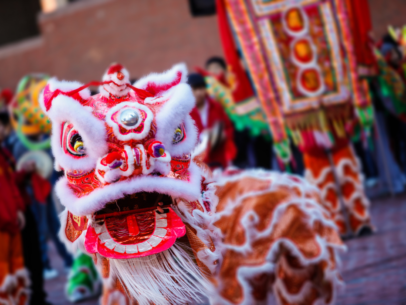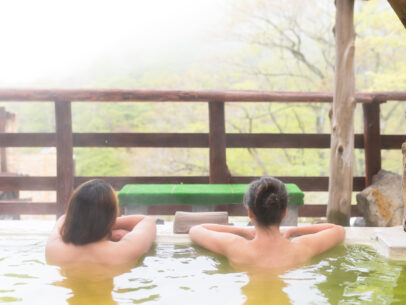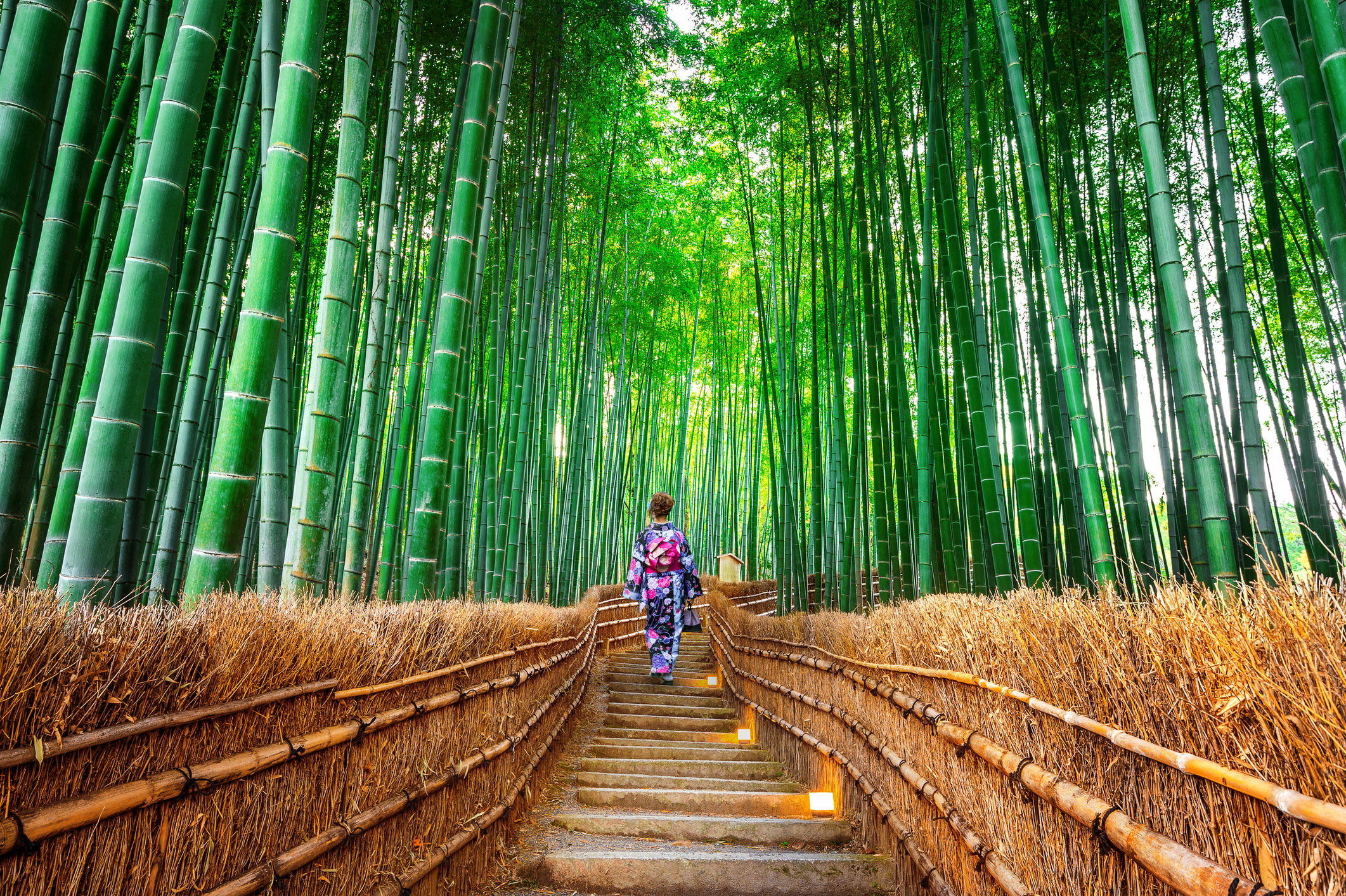
The Bird’s Word Blog
Seven Ideas & Philosophies to Explore in Japan

Mindful Concepts to Make Your Next Adventure in Japan More Meaningful
Like so many international adventures, embarking on a journey to Japan is an opportunity to immerse oneself in a culture rich with words and philosophies that can transform our understanding of life and well-being. Linguistic and neuroscience research highlights how exposure to new languages and cultures can reshape our neuroplastic brain and perceptions. This phenomenon underscores the value of embracing local ideas and practices to enhance our life experiences during travel and in our everyday lives back home.
We’ve highlighted a few of our favorite Japanese concepts that can be explored more deeply for your own life or within the context of an immersive cultural experience on your next trip to Japan:
- Ikigai (生き甲斐): This term refers to one’s reason for being, combining what you love, what you are good at, what the world needs, and what you can be paid for. In Tokyo, for example, you can see Ikigai in action as locals pursue their passions with dedication, whether it’s in traditional arts or modern technology. If you haven’t found your own Ikigai at your current stage in life, Japan is a wonderful place to look for real-life examples and contemplate how you can merge these four things to live more purposefully.
- Wabi-Sabi (侘寂): A worldview that finds beauty in imperfection and transience. In Kyoto’s temples and gardens, for example, you’ll see Wabi-Sabi in the natural asymmetry and simplicity, encouraging an appreciation for the flawed and transient aspects of life. The idea can be taken further by applying it to ourselves and fellow human beings, helping us to appreciate our unique differences and human imperfections.
- Omotenashi (おもてなし): The spirit of selfless hospitality with a focus on meticulous care and attention to detail. Experience this for yourself through the welcoming and anticipative service in ryokans, tea houses, and even in casual interactions.
- Kintsugi (金継ぎ): The art of repairing broken pottery with gold, valuing the marks of wear as part of an object’s history. It symbolizes the acceptance and celebration of flaws, a metaphor for embracing life’s challenges and imperfections. This is another concept that we can apply to the lens we use to view our own lives as we examine painful past experiences, mistakes, and unmet expectations, reflecting on how they shaped us.
- Shinrin-Yoku (森林浴): Known as forest bathing, this idea involves immersing oneself in a forest atmosphere for relaxation and health benefits. Like a bath, you can let the quiet, awe, and beauty of a forest flow over you. In Nagano’s forests, engage in Shinrin-Yoku to experience the calming and rejuvenating effects of nature.
- Komorebi (木漏れ日): This term refers to the sunlight filtering through trees, creating a dance of light and shadow. It’s a reminder of the beauty found in everyday natural phenomena. As you wander through Japan’s forests or even its urban parks, Komorebi encourages a deeper appreciation for the simple, often unnoticed wonders of nature. It’s about noticing and valuing the simple, ephemeral moments in life, encouraging mindfulness and a connection with nature.
- Oubaitori (桜梅桃李): This concept emphasizes the importance of not comparing oneself to others, akin to appreciating each flower for its unique design and bloom time. As you travel through Japan, perhaps from the vibrant Tokyo to the tranquil gardens of Kyoto, Oubaitori invites you to appreciate the qualities of each place and person, encouraging self-acceptance and appreciation of diversity.
These words offer not just an opportunity for deeper cultural immersion but also serve as insights for a more mindful and fulfilled life when you return home.
For an opportunity to reflect upon these concepts in depth on your own journey to Japan, we recommend checking out a Custom Adventure or joining an upcoming Rare Journey into Japan (Fall 2024). We hope you’ll join us!
Related Adventures
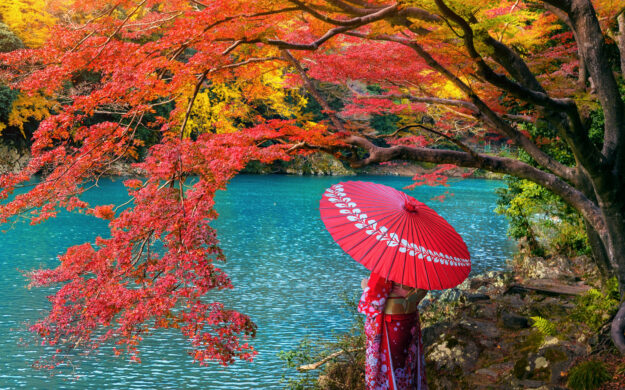
Rare Journey into Japan
Visit Japan in the Fall on this Rare Journey! You'll see the best of Tokyo and Kyoto - but this trip really highlights the more remote villages and distinctive culture of Japan. Join cross-cultural expert David Everhart to connect with local communities, understand customs, visit unique shrines and temples, enjoy spectacular traditional meals and immerse yourself in the natural beauty that defines Japan's rural charm.
From $10200 Per Person
Vigorous
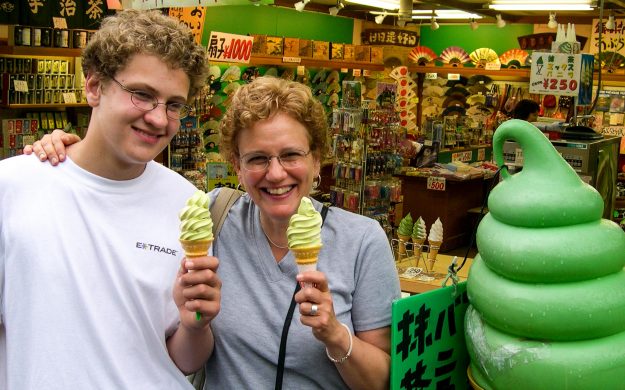
Family-friendly Japan
Japan is a spectacular dynamic destination for the entire family. Experience the profound traditions and the 21st century energy. Join a group in summer or visit on your dates. Early April is cherry blossom time!
From $4200 Per Person
Gentle
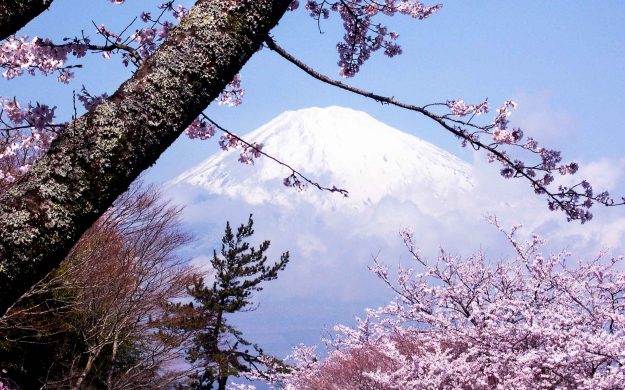
Classic and Festive Japan
Take in Japan's highlights and contrasts, and meet the Japanese as they welcome you with open arms. If you go in May, you'll witness Aoi Matsuri, and elaborate festival in Kyoto showcasing hundreds of people in grand imperial court costume.
From $5900 Per Person
Gentle

Design an adventure with Journeys International!
With over 40 years of experience, we create experiences that match your goals.
Start Planning